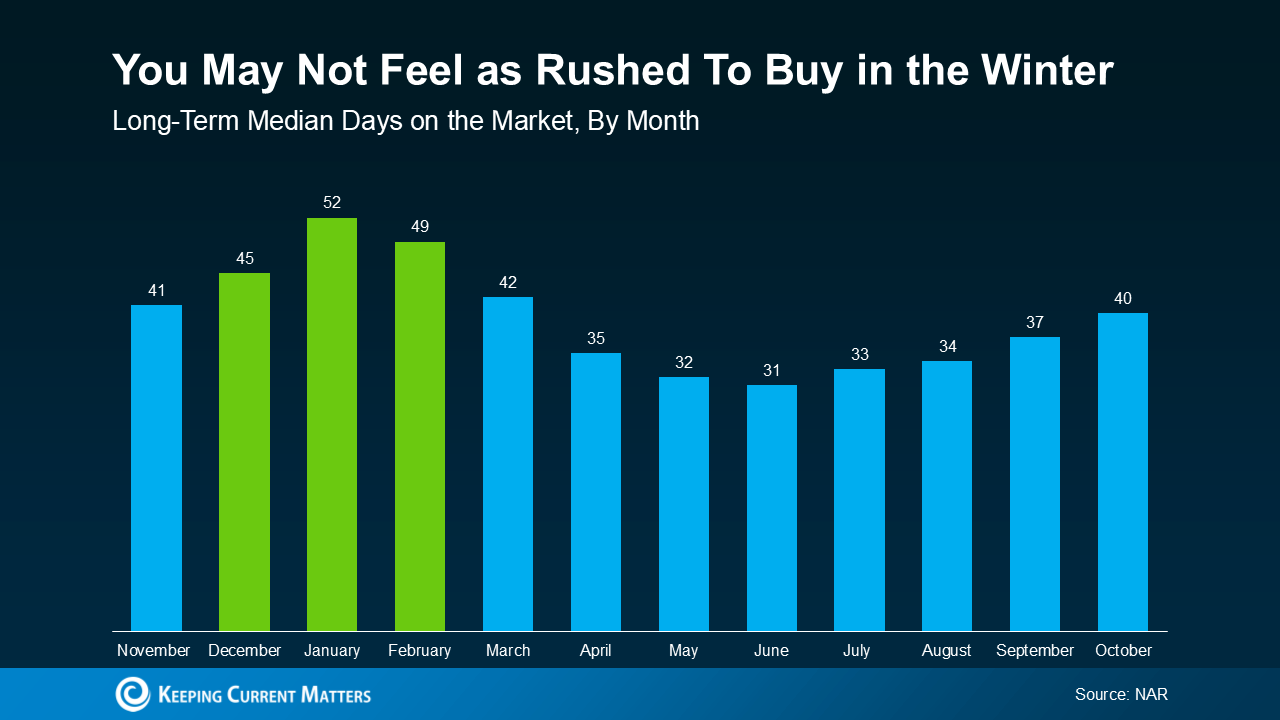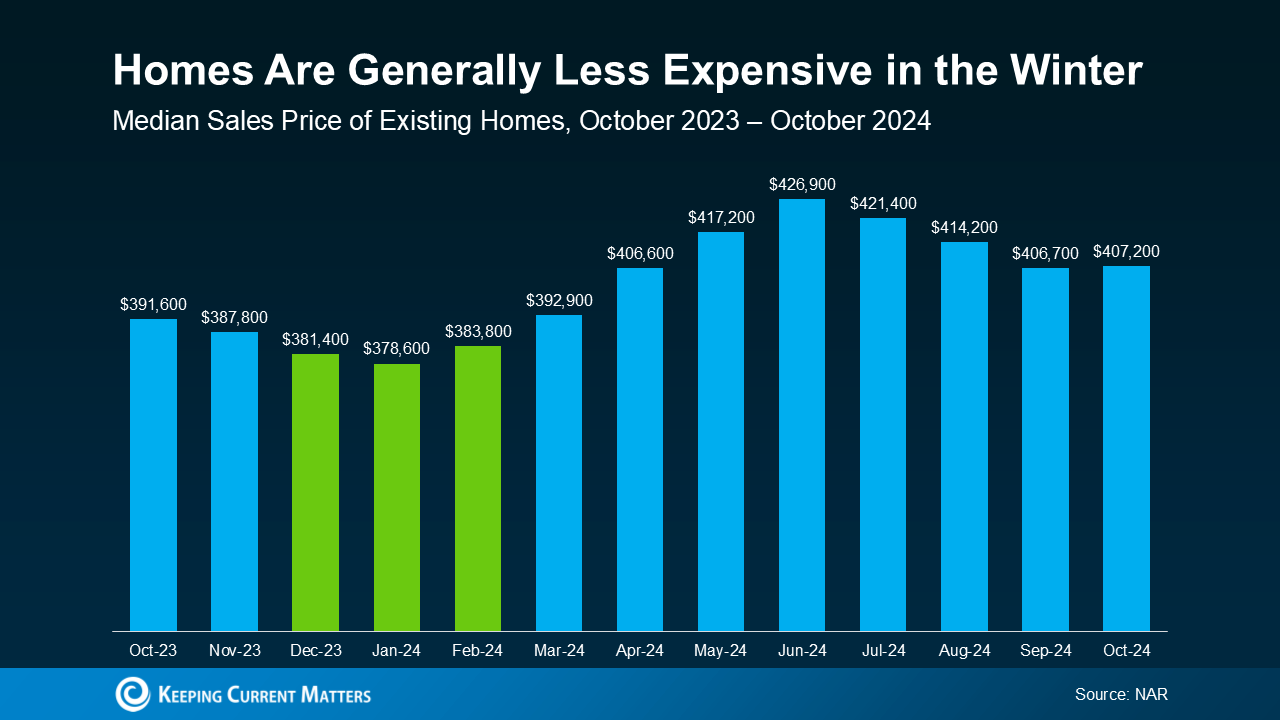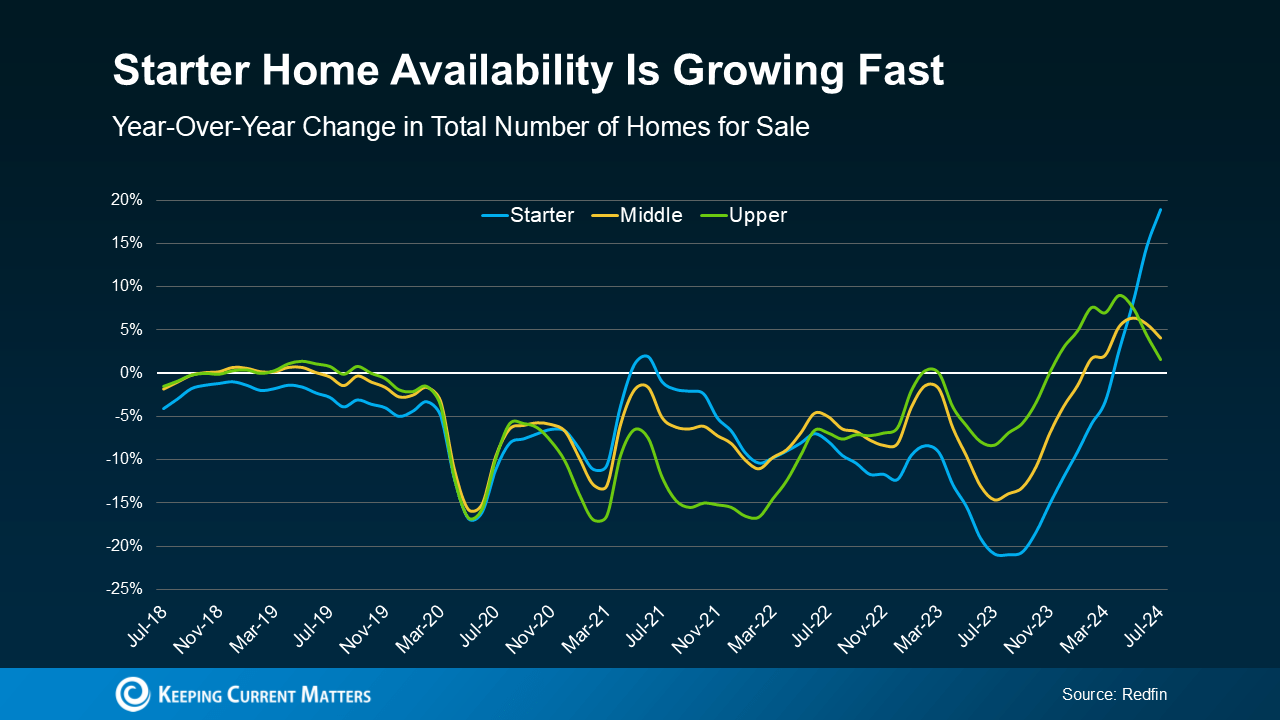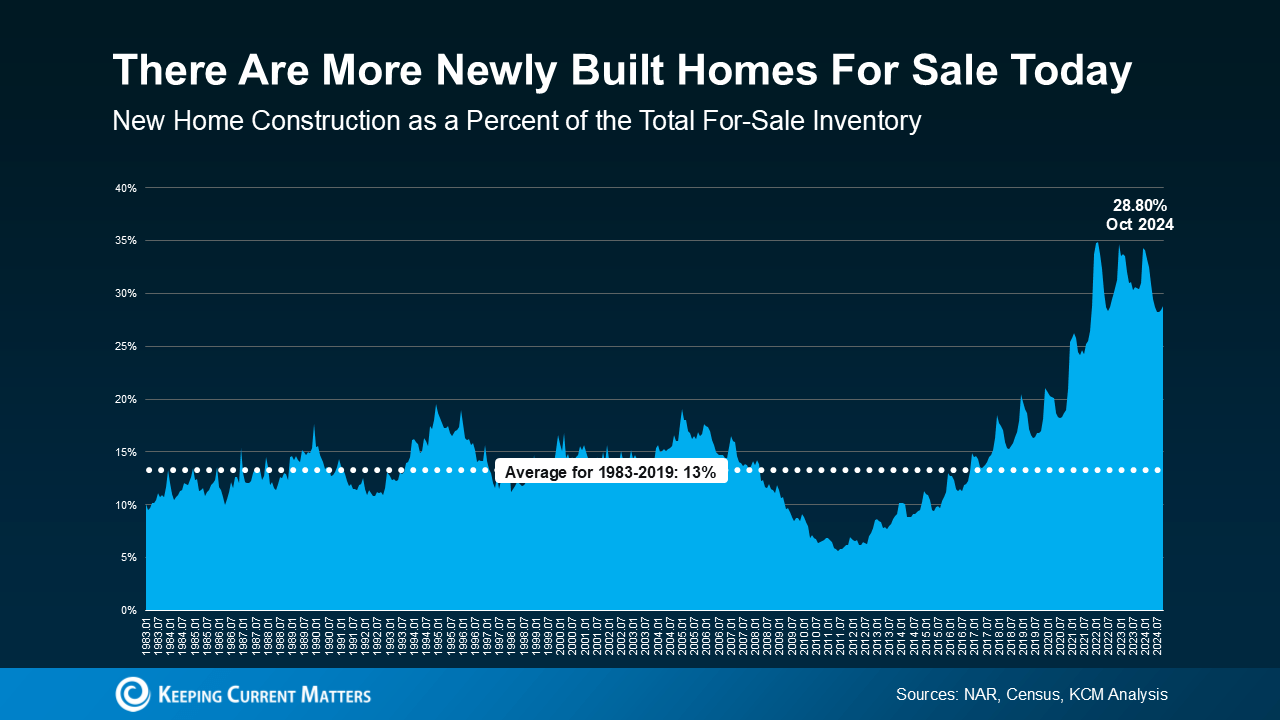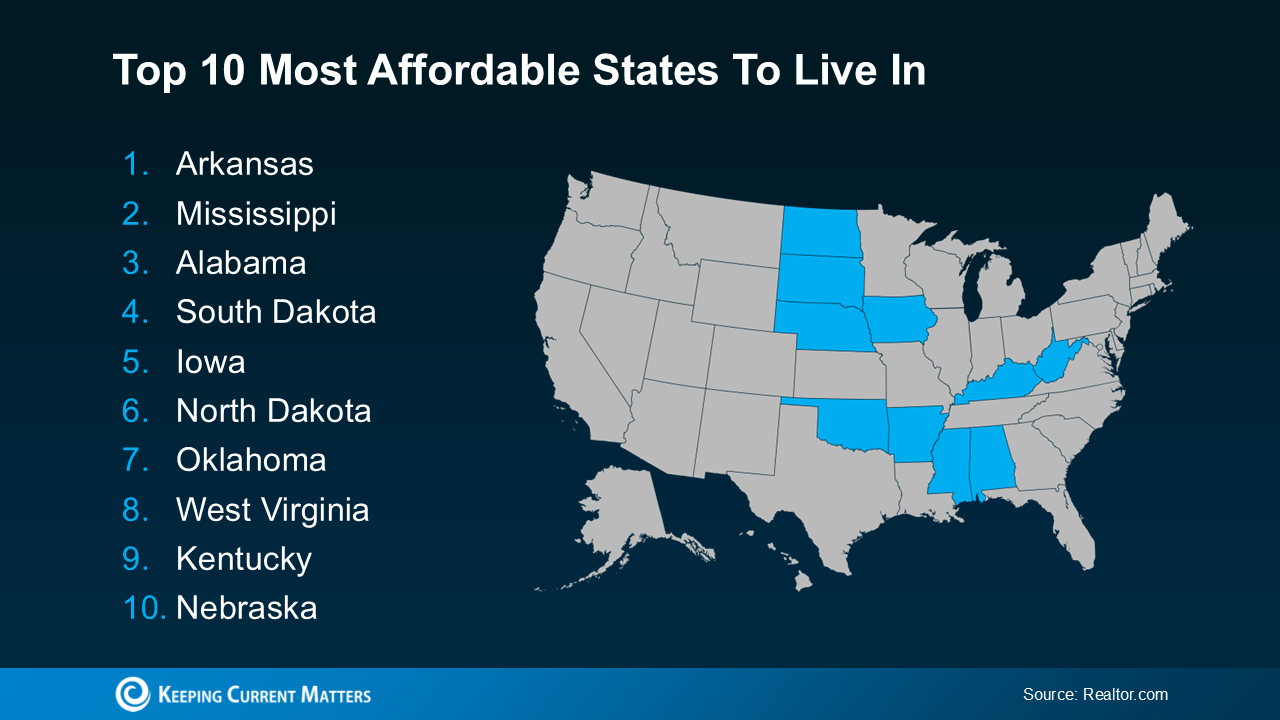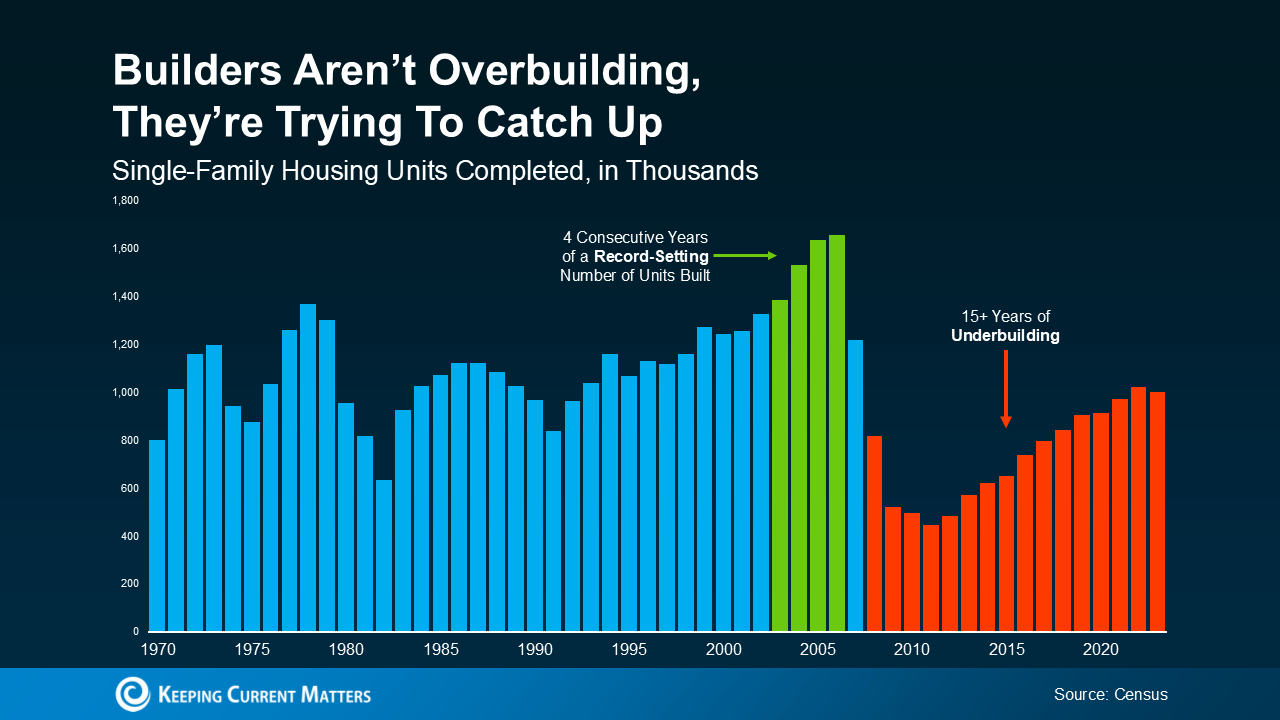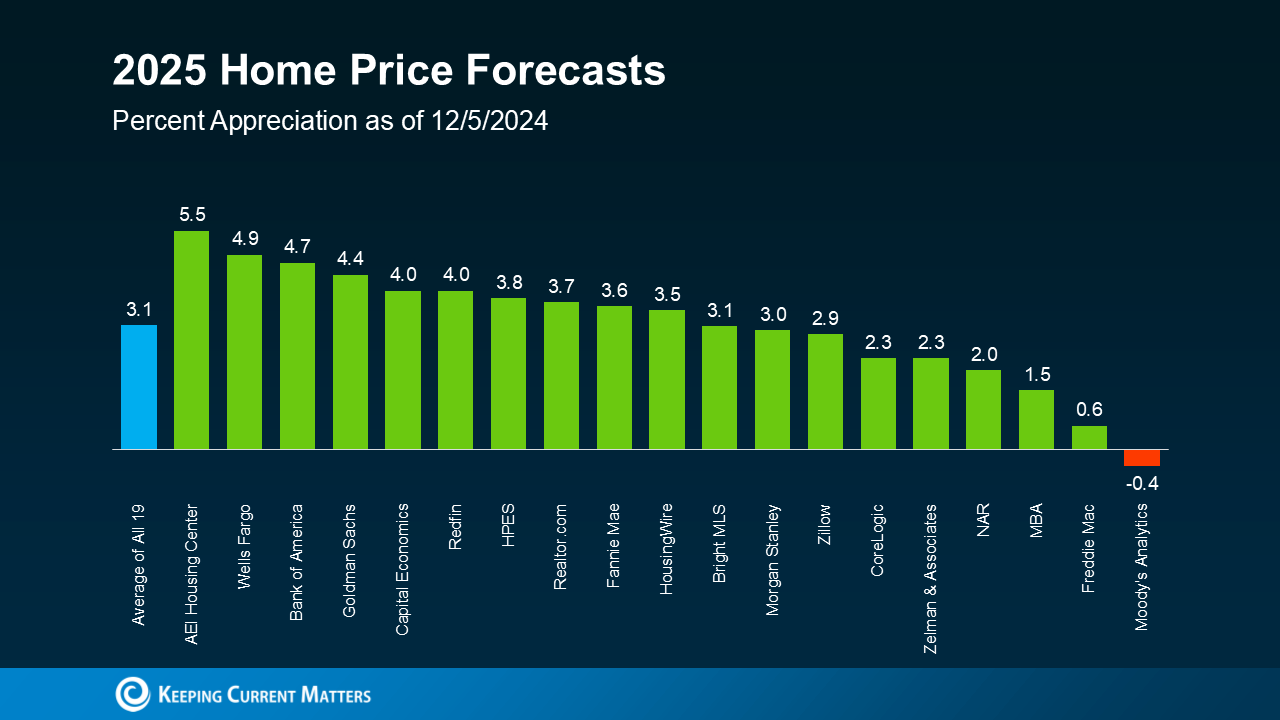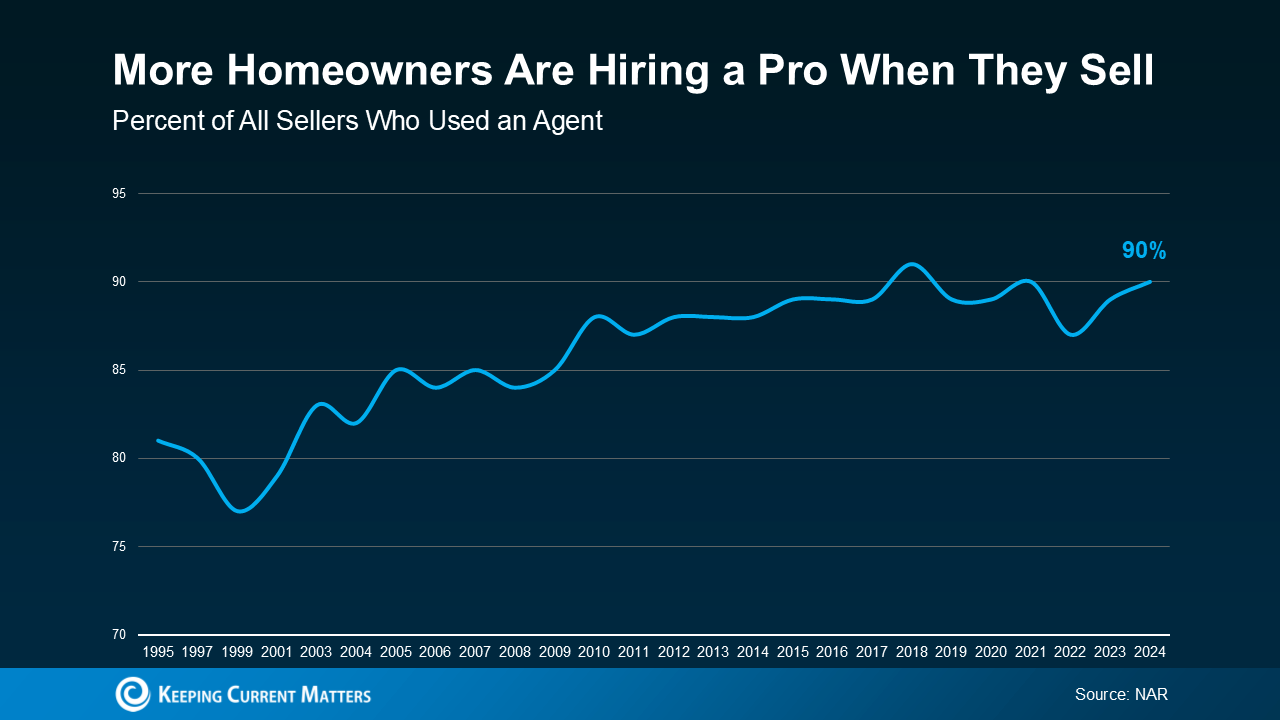When you’re ready to sell your house, you likely have three key goals in mind: selling quickly, getting top dollar, and ensuring a smooth process from start to finish.
However, even in a competitive market like Greater Cincinnati, Northern Kentucky, and Southeast Indiana—where there are often more buyers than homes for sale—challenges can arise that may delay your sale or prevent it altogether. According to Zillow, in 2024, about 1 in 3 sellers removed their home from the market before it eventually sold.
While the reasons vary, there are common hurdles that can keep a house from selling. If you’re finding it difficult to sell your home, here are the top three challenges and how working with an expert real estate agent can help you overcome them.
1. Priced Too High
Pricing your home correctly is crucial when selling real estate. Overpricing, particularly in today’s high-interest rate environment, is one of the main reasons homes stay on the market longer. As U.S. News Real Estate explains:
“Talk to any real estate expert, and the first thing they’ll tell you is that a house is selling slowly because the price is too high.”
While it might be tempting to price high to maximize your profit, overpricing can deter buyers and cause your home to sit on the market longer. The longer it sits, the more skeptical buyers become, even if there’s nothing wrong with the property.
Today’s buyers also have easy access to tools that allow them to compare homes for sale in Greater Cincinnati, Northern Kentucky, and Southeast Indiana. If your home is priced above similar properties, buyers may pass over your listing.
If you’re not getting offers, talk to your real estate agent about feedback from open houses and showings. If buyers consistently say the price is an issue, it may be time to adjust your asking price.
2. Lack of Preparation Before Listing
First impressions matter, especially in real estate. Taking the time to prepare your house before listing can make the difference between it selling quickly or sitting on the market.
Start with curb appeal. Simple updates, like fresh landscaping or power-washing your driveway, can make your home look more inviting. As Realtor.com puts it:
“Buyers do tend to judge a book by its cover. You want to make sure potential buyers’ first impression of your home is a good one—and inspires them to stop by the open house or schedule a tour.”
Beyond the exterior, focus on decluttering, depersonalizing, and cleaning the interior. A clean and neutral space allows buyers to imagine themselves living in the home. Simple upgrades, such as a fresh coat of paint or updating listing photos to reflect the current season, can also make a big impact.
If you’re unsure what changes will help your home sell, your real estate agent can guide you on the best strategies for the Greater Cincinnati, Northern Kentucky, and Southeast Indiana market.
3. Limited Access for Showings
One of the biggest mistakes sellers make is restricting when buyers can view the home. If your house isn’t easily accessible, you’re significantly reducing your chances of selling.
Keep in mind that out-of-town buyers are often highly motivated but may have limited time to view homes for sale. Providing maximum flexibility for showings ensures that more potential buyers can visit your property, increasing your chances of receiving an offer.
Bottom Line
If you’re asking, “How can I sell my house in Greater Cincinnati, Northern Kentucky, or Southeast Indiana quickly and for top dollar?” it’s time to take action. Don’t let pricing, preparation, or limited access hold you back from achieving your real estate goals. Partner with an experienced real estate agent to revamp your strategy and get your home sold!


 Facebook
Facebook
 X
X
 Pinterest
Pinterest
 Copy Link
Copy Link



